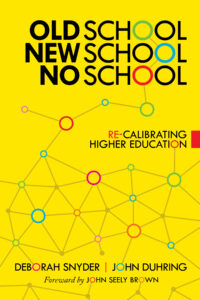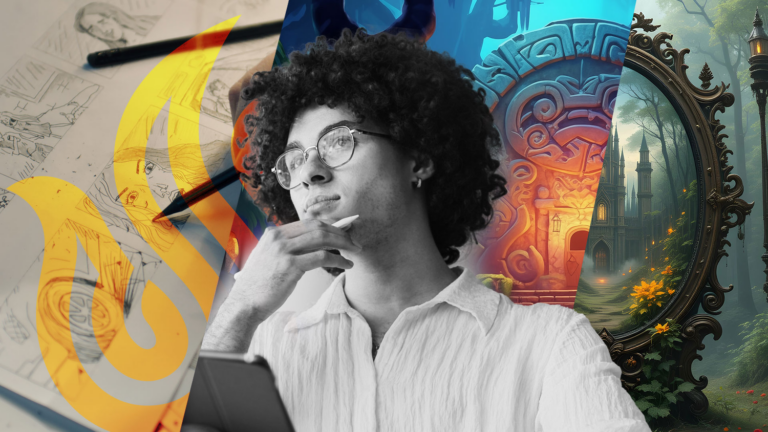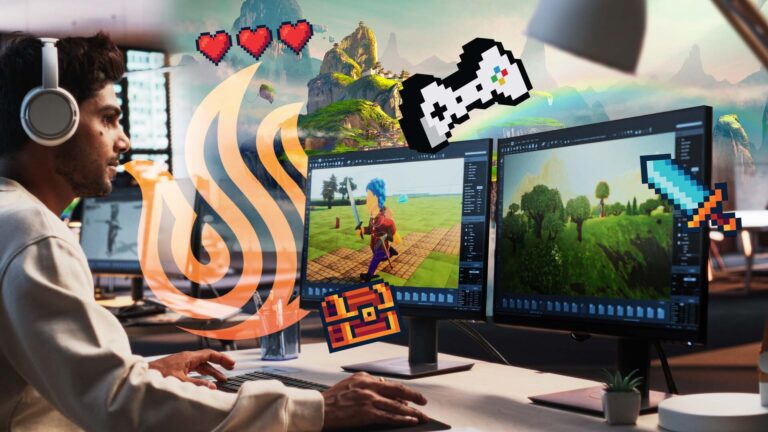Recently, when Jeff Bezos was asked by an Amazon employee audience to describe “Day 2”, the question referred to a message he had written to his shareholders a decade ago, in which he said… “this is Day 1 for the Internet and… for Amazon.com.” The question implied that maybe things change as we grow older, wiser and more capable. By his response, Bezos provides clarity to the over-arching priority of seeing everything with fresh eyes, of focusing on what matters, of embracing critical thinking and committing to adapt as a team. His response to what “Day 2” looks like is classic: “It’s always Day 1 at Amazon”!
The idea of approaching each day as the first day, each moment as a unique event, is not new. Consider this quote attributed to Heraclitus, a Greek philosopher born in 544 b.c., who said, “No man ever steps in the same river twice, for it’s not the same river and he’s not the same man.”
It is in this spirit that former USV President Deborah Snyder, Board member John Seely Brown and I embarked on writing about the kind of transformations we see around USV and how that might apply to colleges in general. We know many students transfer into USV (over 70% of our students transfer in from other colleges), we see older students helping newbies, we hear students pitching ideas, giving feedback, forming teams and troubleshooting sophisticated production timelines regardless if it is a class assignment or personal project. What if more colleges did more of this?
By documenting student adaptations and noting the power of teams, Old School, New School, No School stands as a starting point for understanding new possibilities for what is thought of as “higher education”. In the book, we point to a variety of cases where collaborative efforts in colleges have achieved extraordinary results:
- The remarkable work at the BLAM Lab (Brain, Learning, Animation, and Movement) at Johns Hopkins, in which a video game is coupled with an exoskeleton controller to enable recent stroke patients to exercise their compromised arm through gestures that guide an on-screen dolphin to swim, feed and fight.
- A groundbreaking graduate literature class in 1987 at the University Oregon, taught by Ken Kesey, which embarked on dreaming up, researching and producing an entire original novel as a class project, which was then accepted for commercial publication.
- A founder of modern neuroscience and story-teller at UC Berkeley (Marian Diamond, who died last year at the age of 90) turned her Integrative Biology lectures into mass exercises in self-documentation and discovery for hundreds of students at a time. One student even turned their doodles and class notes into a best-selling coloring book, which she recommends to her students.
The book suggests methods for faculty and colleges to engage students in collaborative work. It describes the value of physical skills, such as sketching or sculpture, coupled with critique sessions. It suggests ways that meetups, jams and working with startups on real-world projects can fit naturally into college courses. And, it points to examples of students who have developed their professional skills in college, many discovering careers they never knew existed beforehand.

College Means Being Around the Right People
Ask most people what they think happens at college, and rarely do they consider how it serves as a living laboratory in which students adapt to each other alongside what they do in class, in their work, or in their family lives. Yet, when looking back on college, many people will recall the moments when their classmates became colleagues, or when they developed a professional role for themselves that felt “right”, or when they discovered how they could succeed by working with others. The individual skills and mindsets that are put in place during college deserve to be evaluated alongside how effectively a given set of knowledge is transferred.
Old School, New School, No School describes higher education as a process, not a place. Early feedback includes this comment from a reader who has regained a feeling of what it felt like to adapt, to apply their passion and talent to real-world needs:
“The book gave me the motivation to recognize myself as a person who can adapt, even though what I learned in my college classes may no longer apply. It puts me in a situation to better understand the world as it evolves.” #MustReadOSNSNS
As students enter a world that is changing so radically that we cannot say that the tools they use today will exist in 10 years, as they prepare for jobs that didn’t exist 10 years ago, their ability to think through problems together, and to commit themselves to new adventures, becomes ever more important. Students have the opportunity in college to re-invent themselves, to try new approaches, to model themselves by the examples of those around them. The college experience introduces them to “Day 1” as professionals and citizens, and serves to benefit them particularly when they make every day “Day 1”.


